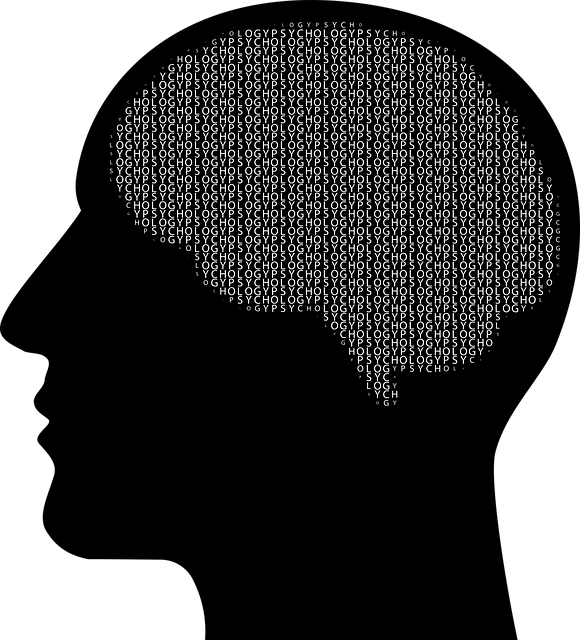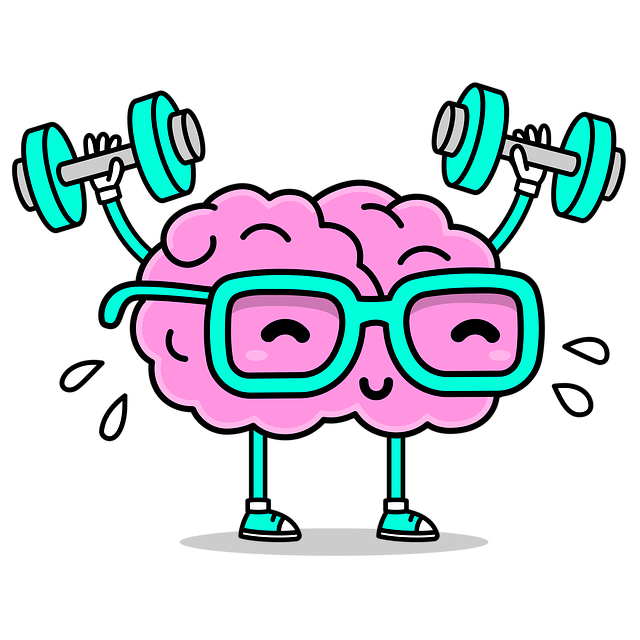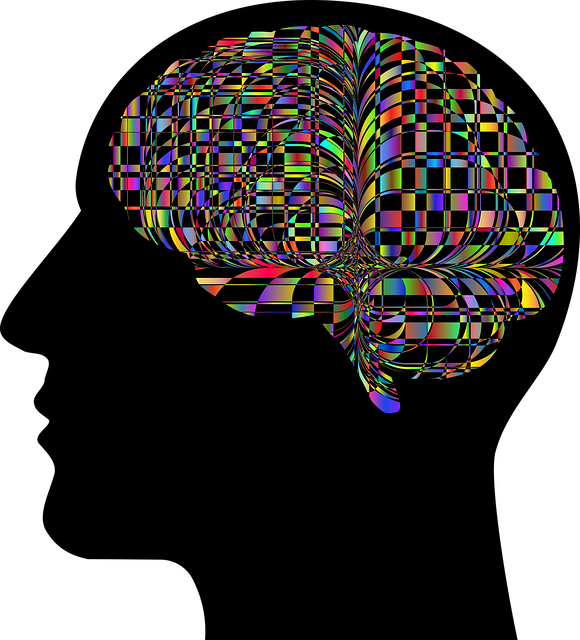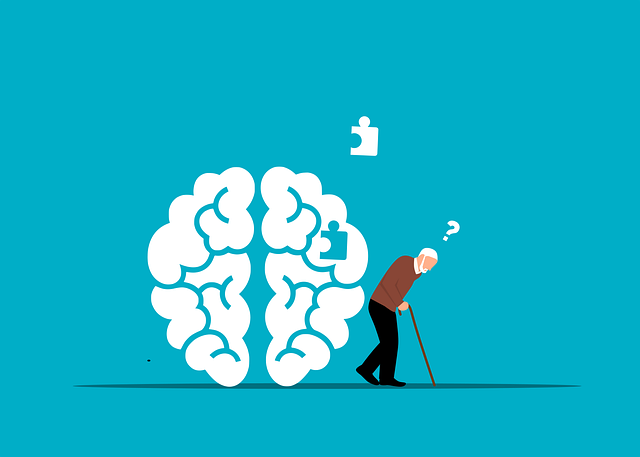Conduct Disorder in elders, often overlooked due to stigma, manifests as aggressive behavior and social impairments. Effective therapy combines Mental Wellness Coaching, Mindfulness Meditation, and Journaling Exercises to enhance mental wellness. Positive thinking techniques, tailored to individual needs, reduce stress, promote resilience, and improve quality of life. Caregivers should implement exercises with consistency and patience, integrating them into daily routines, while professionals guide progress through assessments and journaling. This holistic approach targets symptoms and cultivates emotional well-being in elders with Conduct Disorder.
Positive thinking exercises offer a promising therapeutic approach for addressing Conduct Disorder in elders, a condition characterized by impulsivity and aggressive behavior. This article delves into the power of positive thinking as a game-changer in managing symptoms and improving quality of life. We explore designing effective exercises tailored to elder care, provide practical tips for caregivers implementing the routine, and emphasize tracking progress for personalized therapy plans. By embracing these strategies, caregivers can foster a more positive and peaceful environment for their elders.
- Understanding Conduct Disorder in Elders: Symptoms and Impact
- The Power of Positive Thinking: A Therapeutic Approach
- Designing Effective Positive Thinking Exercises
- Implementing the Exercise Routine: Tips for Caregivers
- Tracking Progress and Adjusting the Therapy Plan
Understanding Conduct Disorder in Elders: Symptoms and Impact

Conduct Disorder in elders is a complex behavior characterized by persistent and repetitive patterns of actions that violate societal norms and rights of others. This can manifest as aggressive behavior, non-compliance with rules, and a disregard for social norms, often leading to significant impairments in daily functioning. Understanding this disorder is crucial for effective therapy among the elderly population.
The symptoms can include impulsivity, irritability, and difficulty maintaining relationships, which significantly impact mental wellness. This condition often goes undiagnosed due to societal stigma and age-related misconceptions. However, with the right approach, such as those offered through Mental Wellness Coaching Programs Development, seniors facing Conduct Disorder can find support. Mindfulness Meditation and Mental Wellness Journaling Exercise Guidance are also powerful tools that can aid in managing symptoms, promoting self-awareness, and enhancing overall mental wellness.
The Power of Positive Thinking: A Therapeutic Approach

The power of positive thinking has been recognized as a therapeutic approach with profound benefits, especially for elders dealing with conduct disorders. By cultivating a mindset focused on optimism and gratitude, individuals can experience significant improvements in their mental well-being. This transformative process encourages the practice of compassion cultivation, where empathy and kindness towards oneself and others become integral parts of daily life. Such self-care practices have been shown to reduce stress and promote resilience, enabling elders to navigate challenging behaviors more effectively.
Integrating positive thinking into therapy offers a unique opportunity for personal growth and healing. Through various techniques, such as mindfulness exercises and reframing negative thoughts, elders can challenge unhelpful thought patterns associated with conduct disorders. By adopting these compassion cultivation practices, they not only enhance their ability to manage symptoms but also foster deeper connections and improve overall quality of life.
Designing Effective Positive Thinking Exercises

Designing effective positive thinking exercises involves tailoring activities that stimulate mental well-being and emotional resilience, particularly relevant for elders struggling with conduct disorder. Therapy sessions can incorporate techniques like mindfulness meditation, where participants focus on the present moment to reduce negative thoughts. This not only enhances inner strength development but also serves as a powerful tool in risk management planning for mental health professionals.
Additionally, positive affirmations and cognitive restructuring exercises can help individuals challenge negative thought patterns. By replacing them with constructive alternatives, elders can learn conflict resolution techniques that foster healthier interactions and improve their overall mental health. These exercises should be adapted to suit individual needs and cultural contexts, ensuring engagement and maximizing the therapeutic benefits.
Implementing the Exercise Routine: Tips for Caregivers

Implementing a positive thinking exercise routine can be transformative for elders with Conduct Disorder or other mental health challenges. As caregivers, it’s essential to remember that consistency and patience are key when introducing new therapeutic practices. Start by breaking down the exercises into manageable daily segments, incorporating them naturally into existing routines like morning meditation or bedtime storytelling. This ensures a gradual adoption without overwhelming the individual.
Use crisis intervention guidance from mental health professionals to tailor exercises for specific triggers or behaviors. Encourage journaling as a trauma support service—a safe space for elders to express thoughts and emotions. Regularly review progress, celebrating small victories while offering tailored encouragement. The goal is to build confidence, not just perform an exercise; this mindset shift can be incredibly empowering, fostering resilience and emotional well-being over time.
Tracking Progress and Adjusting the Therapy Plan

Tracking progress is a vital component of any successful therapy plan, especially for elders facing Conduct Disorder. By regularly assessing their mental wellness, individuals and therapists can identify areas where they are thriving and aspects that require additional support. This involves setting measurable goals aligned with improving symptoms and behaviors associated with Conduct Disorder. For instance, reducing aggressive outbursts or enhancing social interactions could be targeted objectives.
Adjustments to the therapy plan can then be made based on these observations. The therapist might introduce new Empathy Building Strategies or incorporate Mindfulness Meditation practices shown to be effective for similar cases. Additionally, encouraging clients to engage in Mental Wellness Journaling Exercise Guidance can offer valuable insights into their thoughts and emotions, fostering self-awareness and empowering them to actively participate in their therapy journey.
The implementation of positive thinking exercises offers a promising therapeutic approach for managing Conduct Disorder in elders, addressing its symptoms and mitigating its impact. By integrating these evidence-based strategies into care plans, caregivers can empower elderly individuals to cultivate a more optimistic outlook, enhance mental well-being, and improve overall quality of life. As this article has highlighted, careful design, consistent execution, and adaptive adjustments are key to successful therapy outcomes for elders navigating Conduct Disorder.














